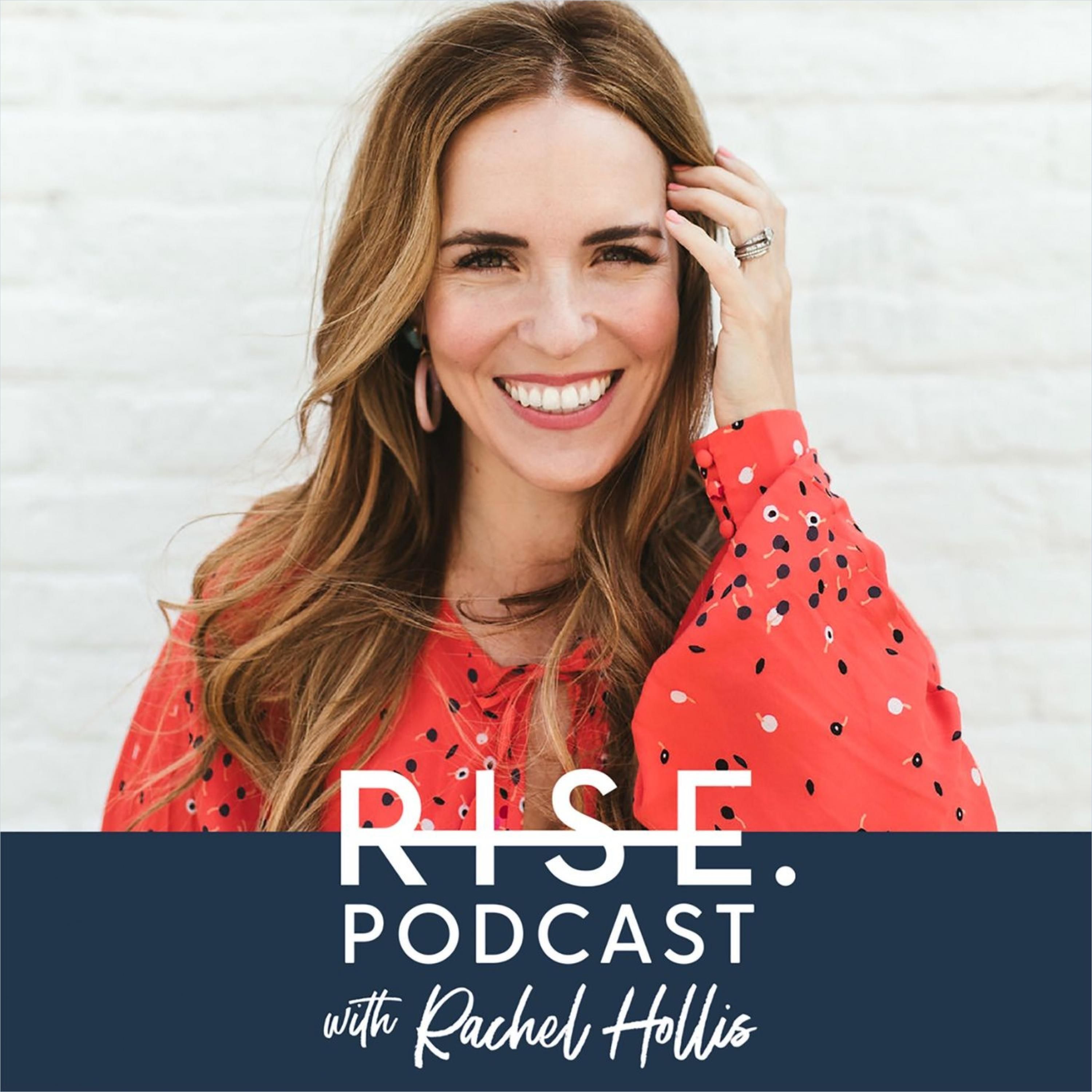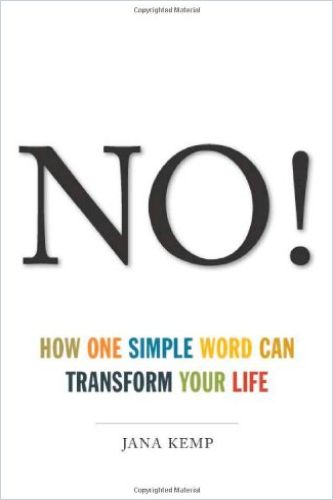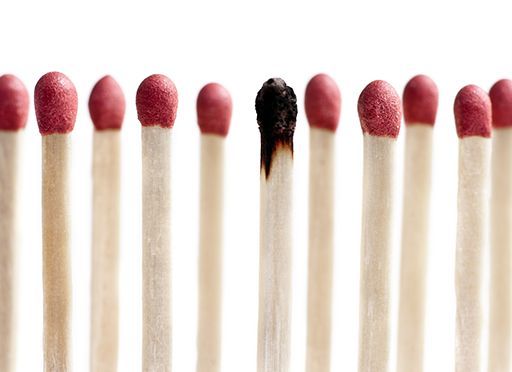Is Our Desire to Be the Best More Important than Our Mental Health?

US artistic gymnast Simone Biles withdrew from the Olympics and decided to say no to the mental and physical disconnect a stressful year and overbearing pressure caused, and yes to her mental health.
Biles was very open with her decision, and it is a much-needed reminder that we can be the best (or the G.O.A.T) and still not be okay: “It’s been a long week. It’s been a long Olympic process. It’s been a long year. Just a lot of different variables, and I think we’re just a little bit too stressed out, but we should be out here having fun, and sometimes that’s not the case.”
While many people, including the US gymnastics team, stood beside her in support, others have vocalized a very dangerous opinion: that Simone and other athletes should be able to handle the pressure that comes with competing at this level.
These expectations – to “simply deal” with high-stress levels, anxiety and mental fatigue – are unfortunately emulated outside of the sports world.
This mentality and its implications are more common and hazardous than you might think. Mental Health America (MHA) reports that most youth and adults who need mental health treatment aren’t receiving it. The reasons? On the one hand, many don’t even know they could use help – or are too proud to accept it. Shame, fear and outdated ideas of failure prevent them from doing so. On top of that, many business environments have a culture that only makes the above misunderstandings more likely. This often makes getting off the hamster wheel seem unrealistic, even disadvantageous for the rest of your life. Until it goes bang.
Better ask yourself: Are there times when you put your career, success or pursuit of greatness ahead of your mental health? If so, pause, reflect and take steps to prioritize your mental health and well-being.
You Can’t Have Big Dreams Without Big Self-Care
The more emphasis you put on good self-care, the better you will perform in your field.

How to Be Successful in Business Without Compromising Your Health
The Hollis CompanyIt’s not about how you look; it’s about how you feel. When trying to juggle a career, a home and personal time, health can easily take a back seat. It’s tempting to rely on past behaviors that helped you cope with stress, such as drinking caffeinated or alcoholic beverages. But you will crash and burn without proper self-care.
Vulnerability Is the Key to Success

To manage vulnerability, you need a “clarity of values,” says TED speaker and author Brené Brown. It drives you forward in the face of possible failure. Moreover, you need people in your life who recognize your bravery, acknowledge your failures and send you back into the arena!
You Are Not Alone

Recognizing and articulating the feelings that you experience are essential to your ability to accept the help and treatment you might need. Or, as Alan Watkins and Katie Ledger observe: “Most human beings haven’t yet developed the ability to regulate their emotions to any sophisticated degree.”
Learn When to Say No

No matter what level of employment or management you are in, where you work or what your responsibilities are, most people have a natural propensity to say yes far too often. In an environment where you always have to turn an instinctive no into a yes in order not to get into trouble, sooner or later you will get into trouble – not with your boss, but with your own mind and self-esteem. The considered use of just one word can save you from this.







